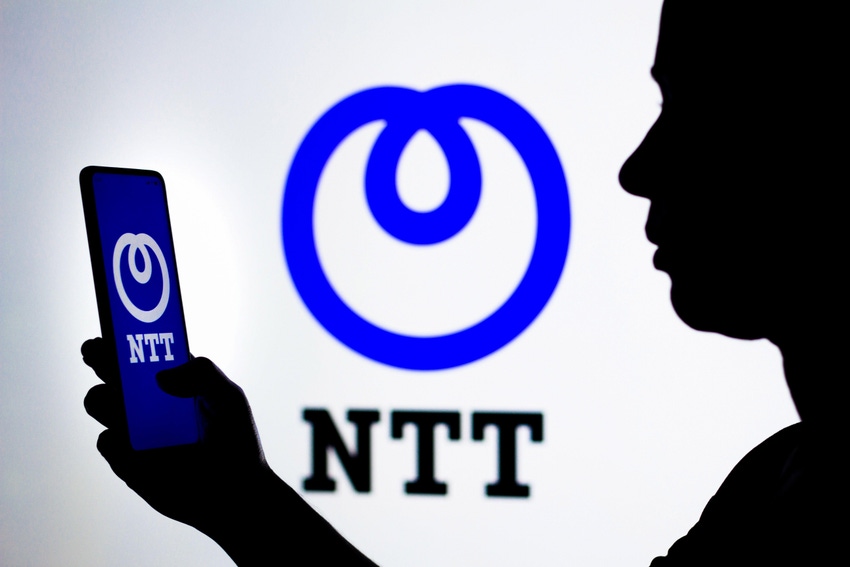Japan enacts revised NTT Law even as lawmakers seek its abolition by 2025
The revised NTT Law includes a supplementary provision requiring the government to conduct a review of NTT-related regulations, including a study into the possibility of abolishing the amended regulation.

Two weeks after Japan's House of Representatives voted to revise a hotly contested NTT Law, the bill was enacted Wednesday by the upper chamber of the Diet. The revised bill eliminates NTT's obligation to disclose research results, making the telco giant more competitive on the global stage.
Japanese media reported that the bill that amended the NTT Law was passed by a majority vote at a plenary meeting of the House of Councilors, with support mainly from the ruling bloc.
The bill also removes the restriction that prevented NTT from appointing non-Japanese directors. With the revised NTT Law, foreign nationals will now be allowed to occupy less than one-third of the seats on the company's board of directors.
A study to abolish the revised NTT Law by 2025
The move by the ruling Liberal Democratic Party (LDP) to revise the NTT Law began last year to remove the stipulation that required NTT to publicly disclose the results of its R&D teams.
The move comes on the heels of comments made by NTT President Akira Shimada in August that existing regulations are hampering the carrier's new technology push.
"We've been refused [by potential partners] worried about doing business with us because of the disclosure requirement," said Akira at an earnings conference at that time, pointing out "that parts of the law no longer fit the times."
The Innovative Optical and Wireless Network framework (IOWN), which would slash power consumption in telecommunications to one-hundredth of current levels, is a cornerstone of NTT's 6G ambitions. Reports said more than 100 partners worldwide are involved in its development. With a projected 2030 launch date, NTT has a five-year headway to get it off the ground – more than enough time to build a global ecosystem to buttress its 6G technology.
The NTT Law has governed the dominant Japanese telco operator for almost 40 years. But the LDP has been upfront about its intention to ultimately abolish the law by 2025.
According to The Japan Times, the revised NTT Law includes a supplementary provision requiring the government to conduct a review of NTT-related regulations, including a study into the possibility of abolishing the amended regulation.
The supplementary provision stipulates that the government submit legislation for regulatory changes as early as at the ordinary Diet session in 2025.
Steadfast opposition
NTT's three major rivals – KDDI, Rakuten and SoftBank – remained steadfast in their opposition to the government's intention to abolish the law, which they say promotes fair competition and ensures universal services and security of Japan's telecommunications business.
In a joint statement also issued on Wednesday, the companies said they would continue to oppose the NTT Act's repeal and requested that "more careful policy discussions" be held.
The operators expressed "strong concern" that the supplementary provision of the revised NTT Law has not allocated enough time for the review of other NTT-related regulations, including the universal service obligation that required NTT to deliver fixed-line telephone services.
"Setting a time limit for consideration may lead to hasty debate," the companies said.
Indeed, The Japan Times reported that a debate is ongoing at the government's Information and Communications Council on whether to review NTT's universal service obligation. The council, which advises the communications minister, is expected to conclude the debate as early as this summer.
Read more about:
AsiaAbout the Author(s)
You May Also Like












